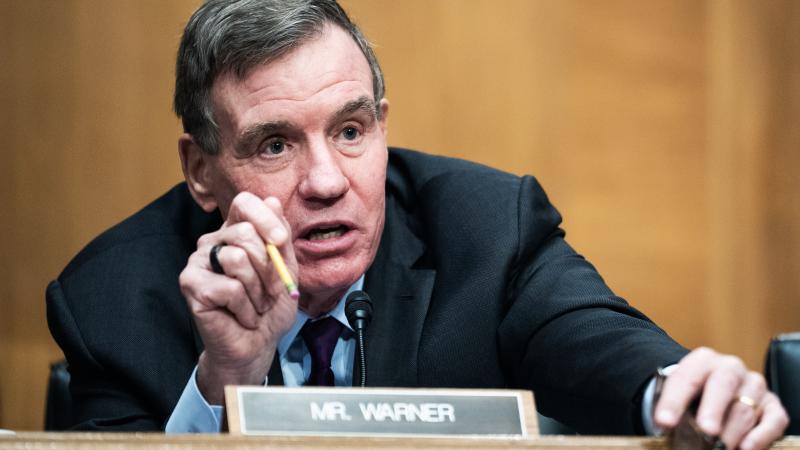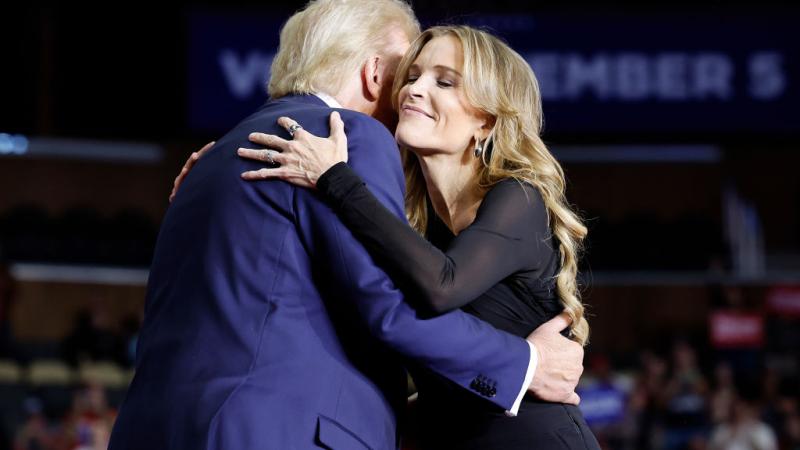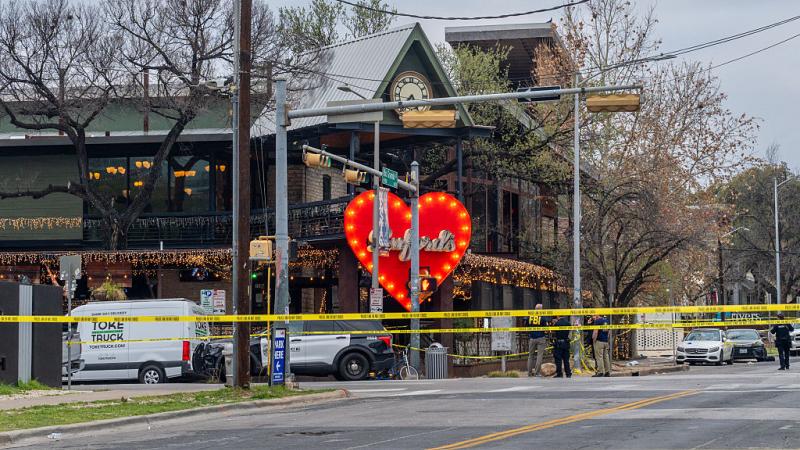Amid calls for universal background checks, little evidence they stop mass shootings
Most mass shooters legally purchase their firearms, including with background checks.
In the wake of the recent deadly mass shooting in Boulder, Colo., gun control supporters have renewed demands for universal gun background checks throughout the United States, despite years of data indicating that nearly all major mass shooting events would be unaffected by such policies.
The Boulder shooting came on the heels of last week's Atlanta mass shooting. Together, the two incidents claimed a combined 18 lives.
President Joe Biden himself called on lawmakers to "close the loopholes in our background check system," including what's popularly known as the "Charleston loophole," through which individuals can purchase a gun without a background check if the FBI fails to process the check within three days of receiving it.
Biden explicitly asked the Senate to approve two recent background check bills passed by the house. One, H.R. 8, largely "prohibits a firearm transfer between private parties" absent a background check. The other, H.R. 1446, would address the so-called "Charleston loophole" by broadening the waiting time from three days to 20.
Most major mass shooters passed background checks
Yet in spite of perennial demands from gun control advocates for an expanded background check system throughout the United States, a review of major mass shooting incidents over the last several years indicates that such policies would have very minimal effect on such tragedies.
A lengthy review of nearly 20 mass shootings by the New York Times found that "a vast majority of guns used [in those shootings] were bought legally and with a federal background check."
Only a few of the shooters on that list obtained their firearms without passing federal background checks. The white supremacist shooter who murdered nine people at a black church in Charleston, S.C. in 2015 purchased his gun after the FBI failed to conduct his background check in a timely fashion (the "Charleston loophole" gets its name from that incident). A shooter who committed mass murder in Binghamton, N.Y. in 2009 obtained his gun the same way.
In one case — that of the Sandy Hook Elementary School massacre in 2012 — the shooter obtained his weapons by killing his mother and stealing her guns. Those firearms had been purchased legally by the shooter's mother.
The perpetrator of the 2019 El Paso Walmart shooting, meanwhile, claimed to have purchased his gun online via a local dealer, meaning he would have had to undergo a background check before taking possession of it.
The Orlando, Fla. mass shooting of 2016 — the second-deadliest in U.S. history — was also carried out with a gun purchased via a background check. The Las Vegas shooting of 2017, meanwhile — the deadliest in American history — was carried out by an individual who passed multiple background checks to purchase numerous guns (though it's not clear if the guns used in the shooting itself were purchased under background checks).
Nailing down just how many mass shootings have occurred without the shooters having gone through background checks is unclear. Brady: United Against Gun Violence, a gun control group active in the U.S. for nearly 50 years, says on its website that "over the last decade, 1 in 3 mass shooters were legally prohibited from possessing firearms at the time of the shooting."
Whether or not those shooters passed background checks anyway is unclear; Brady does not specify on its website, only saying that "loopholes in the current system ... allow these prohibited purchasers to gain access to firearms." The group did not respond to a query seeking more information about its data.
Shooters who are "prohibited from possessing firearms," of course, were already breaking an established law in procuring their firearms, raising the question of how effective additional laws might be at stopping such purchases. Indeed, many illegal gun sales in the U.S. come in the form of "straw purchases," in which prohibited buyers ask third parties to purchase firearms for them in order to get around background checks.
Law enforcement regularly target straw purchasers for prosecution. The Justice Department earlier this month announced its case against a Chicago woman who allegedly purchased several handguns for another individual.
Although universal background checks are among the less controversial measures often proposed by gun controllers, support for them can entail significant political risks. Voters in Colorado, for example, successfully recalled two state politicians — Senate President John Morse and Senator Angela Giron — due to both of them having championed a series of gun control measures there, including an expanded background check law.
















